Goal Overview
By 2030, ensure access to affordable, reliable, sustainable, and modern energy for all.
Key Targets and Indicators
- By 2030, ensure universal access to affordable, reliable, and modern energy services.
- Indicator: Proportion of population with access to electricity.
- By 2030, increase substantially the share of renewable energy in the global energy mix.
- Indicator: Renewable energy share in the total final energy consumption.
- By 2030, double the global rate of improvement in energy efficiency.
- Indicator: Energy intensity measured in terms of primary energy and GDP.
- By 2030, enhance international cooperation to facilitate access to clean energy research and technology, including renewable energy, energy efficiency, and advanced and cleaner fossil-fuel technology, and promote investment in energy infrastructure and clean energy technology.
- Indicator: International financial flows to developing countries in support of clean energy research and development and renewable energy production, including in hybrid systems.
- By 2030, expand infrastructure and upgrade technology for supplying modern and sustainable energy services for all in developing countries, in particular, least developed countries, small island developing states, and landlocked developing countries, in accordance with their respective programs of support.
- Indicator: Installed renewable energy-generating capacity in developing countries (in watts per capita).
Strategies and Actions
- Expand energy infrastructure: Invest in expanding and upgrading energy infrastructure to ensure reliable and modern energy services for all communities.
- Promote renewable energy: Increase the share of renewable energy sources such as solar, wind, hydro, and biomass in the global energy mix.
- Improve energy efficiency: Implement energy-saving technologies and practices in all sectors to double the rate of improvement in energy efficiency.
- Foster international collaboration: Enhance international cooperation to support clean energy research, development, and deployment, particularly in developing countries.
- Encourage investment: Promote investment in energy infrastructure and clean energy technologies to support sustainable energy development.
FAO Actions to Support Monitoring
- Training programs: Conduct training sessions on energy efficiency and renewable energy technologies for local communities and government officials.
- Technical assistance: Provide support for developing and implementing national energy policies and plans.
- Guidelines and materials: Develop guidelines on best practices for energy conservation and the use of renewable energy.
- Expert meetings: Organise meetings with experts to refine methodologies for monitoring energy-related indicators.
- Webinars and workshops: Host webinars and workshops to train national focal points on data collection and reporting for energy access and sustainability.
Conclusion
Access to affordable, reliable, and clean energy is essential for economic development, environmental sustainability, and social well-being. By expanding energy infrastructure, promoting renewable energy, improving energy efficiency, and fostering international collaboration, we can achieve SDG 7 and ensure a sustainable energy future for all. Together, we can power a world that is equitable, prosperous, and resilient.
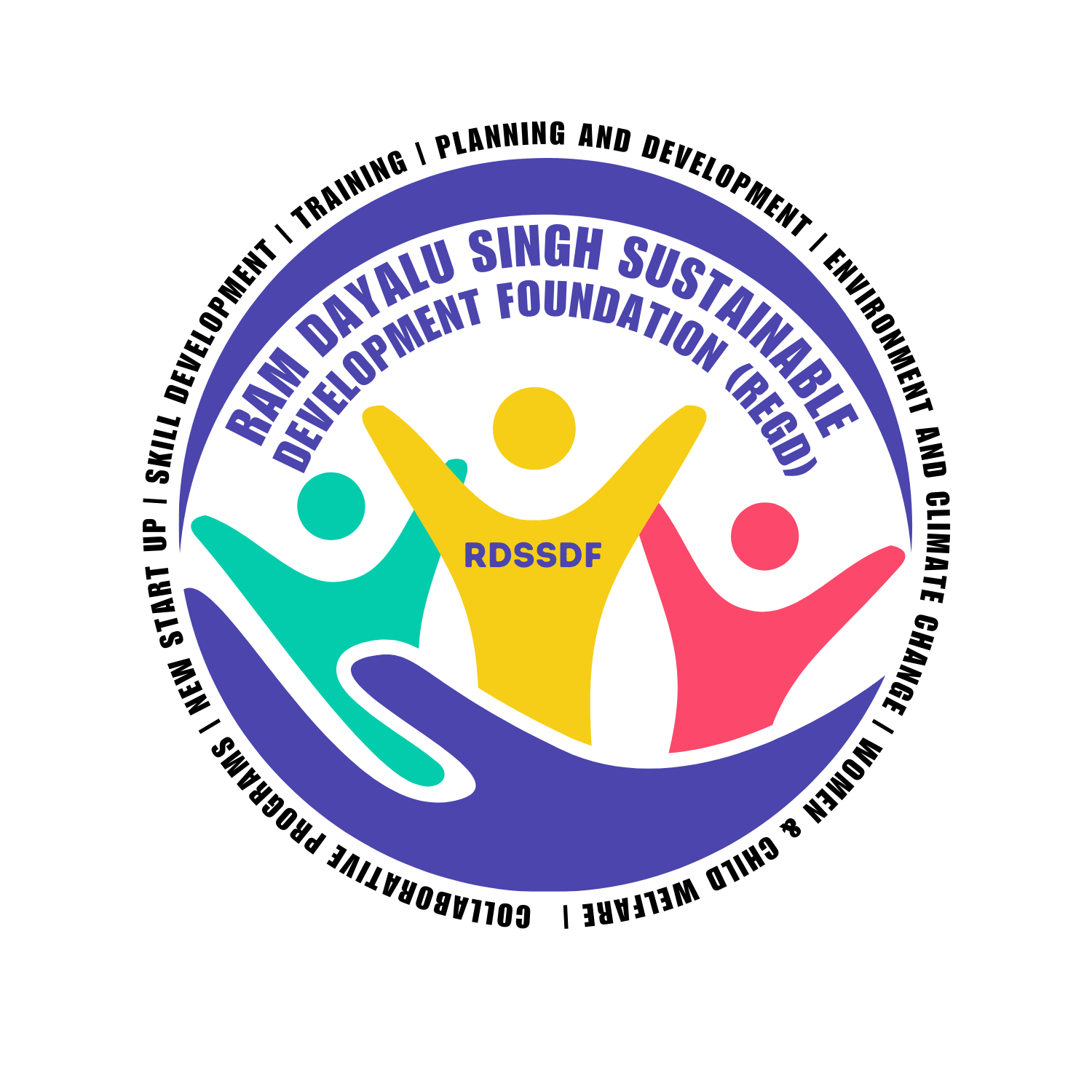

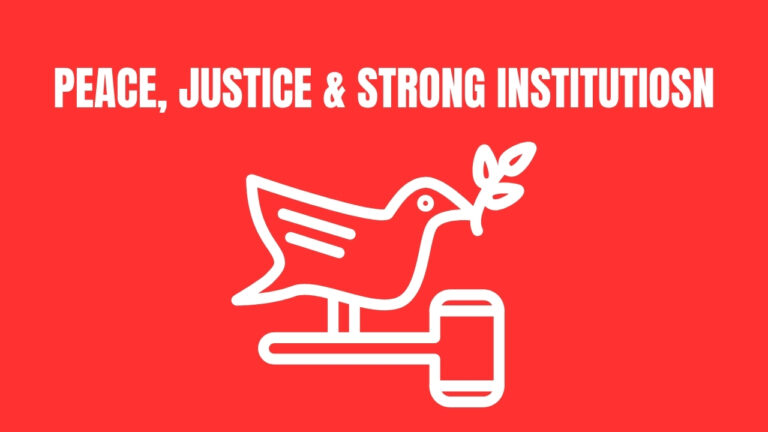
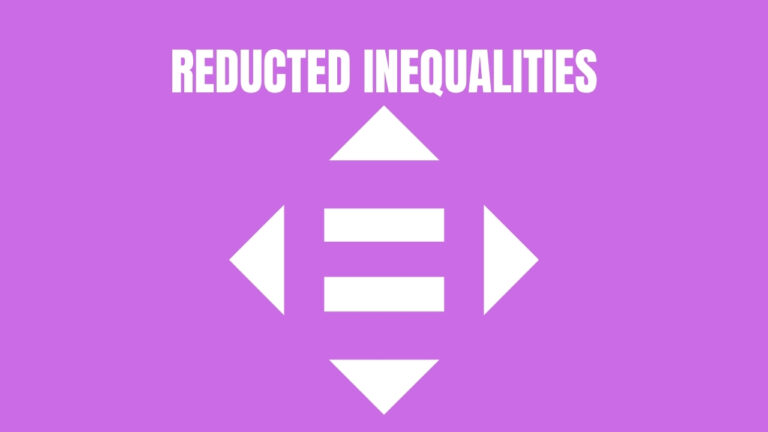
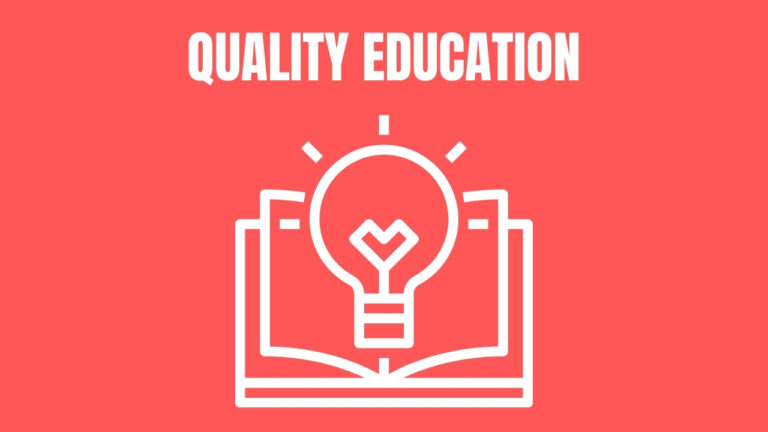
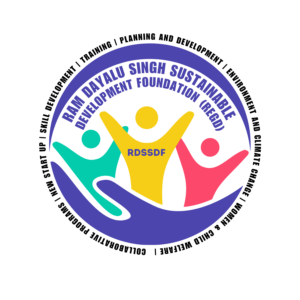 Welcome to Ram Dayalu Singh Sustainable Development Foundation (RDSSDF), a beacon of hope and progress for the sustainable development of India. As a National Level Public Charitable Trust, it is dedicated to providing comprehensive support and innovative solutions.
Welcome to Ram Dayalu Singh Sustainable Development Foundation (RDSSDF), a beacon of hope and progress for the sustainable development of India. As a National Level Public Charitable Trust, it is dedicated to providing comprehensive support and innovative solutions.